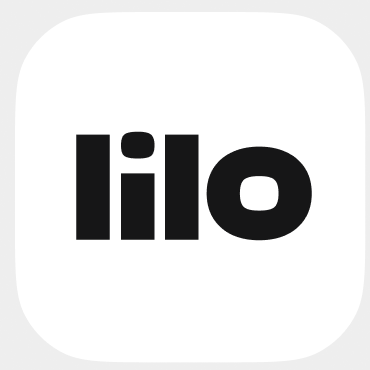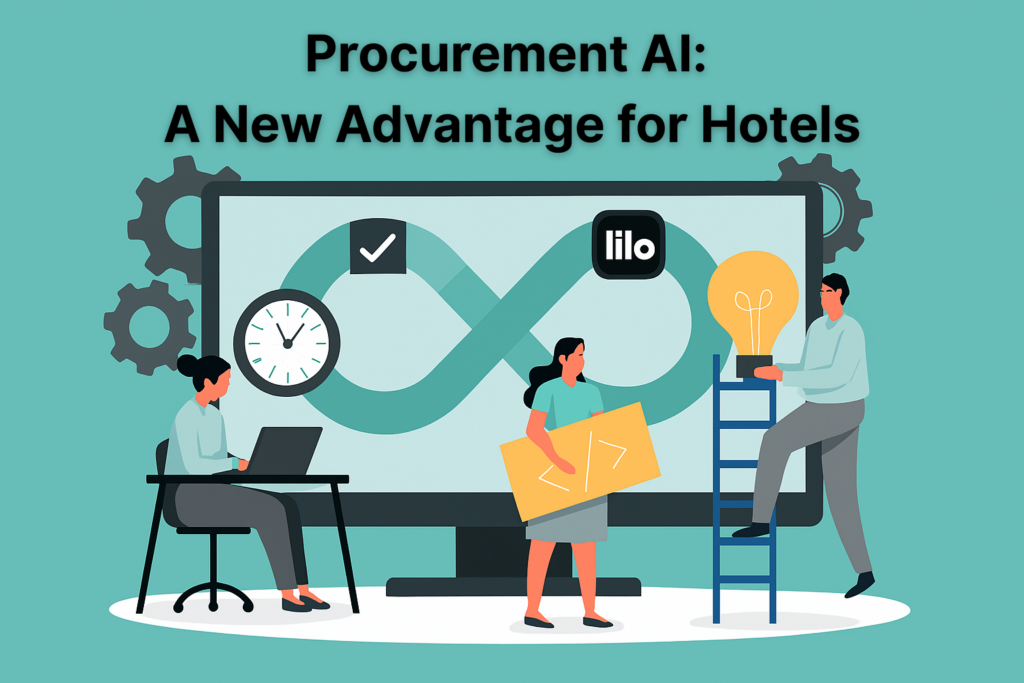In the fast-paced world of hospitality, hotel operations managers and owners face constant pressure to cut costs, reduce risk, and improve efficiency. There’s also a growing expectation for procurement to play a more strategic role—not just managing purchases, but contributing to business goals.
That’s where hotel procurement AI comes in.
Hotel procurement teams manage a flood of data—from supplier contracts and invoices to market trends and brand standards. Traditional systems often struggle to keep up. But with AI-powered procurement tools, hotels can process and analyze this information much faster and more accurately.
Hotel procurement AI helps teams make smarter, faster decisions—whether it’s identifying better vendor options, forecasting demand, or automating approvals. It’s a practical way to save time, improve visibility, and stay ahead in an increasingly competitive industry.
Here are a few ways AI is already transforming how hotels handle sourcing, purchasing, and supplier relationships:
1. Intelligent Sourcing
AI-powered sourcing tools can review massive datasets—like supplier catalogs, historical purchases, and market benchmarks—to identify vendors that meet your specific business needs. For hotels, that can mean more reliable suppliers, better pricing, and fewer headaches when sourcing branded or franchise-compliant items.
These tools also improve visibility and help ensure sustainability and compliance across supply chains.
A 2023 LinkedIn article highlights how AI is enabling more proactive supplier selection and sustainability tracking across the hospitality sector.
2. Predictive Analytics
Procurement AI can forecast future demand based on seasonality, economic trends, local events, or even weather patterns. This helps hotels avoid overstocking or stockouts—both of which hurt margins and guest satisfaction.
More than 60% of procurement leaders are already using these types of advanced analytics, according to IBM’s Think Blog, which explains how predictive procurement analytics is helping businesses make better purchasing decisions.
3. Spend Analysis & Classification
Understanding where your budget is going is key to finding cost savings. But for hotel portfolios with multiple locations and categories, analyzing spending can get complex.
Procurement AI can automatically classify and analyze purchases with much higher accuracy than spreadsheets or outdated systems. It allows hotel procurement teams to spot cost-saving opportunities, streamline processes, and ensure brand compliance.
A helpful overview from Procurement Magazine breaks down how AI is used for spend analysis and other top use cases in procurement.
4. Contract Review & Compliance
Managing vendor contracts takes time, especially when you’re juggling agreements across multiple locations. AI tools with Natural Language Processing (NLP) can extract key contract terms, flag potential risks, and even alert you to outdated or non-compliant clauses.
This ensures hotels stay compliant with franchise or brand requirements—and reduces the risk of costly surprises.
SAP provides a good overview of these capabilities in their guide on AI in Procurement.
5. Purchase Order Automation
Instead of manually filling out purchase orders or referencing old catalogs, AI tools can guide hotel staff to select preferred products and approved vendors—speeding up the process and reducing errors.
For example, some platforms use custom order guides to streamline recurring purchases and ensure consistency across properties.
This is especially useful in multi-property hotel management, where POs can pile up fast.
6. Invoice & Accounts Payable (AP) Automation
AP teams often spend hours reviewing and matching invoices. AI can extract data from purchase orders and invoices, helping speed up approval workflows and reduce manual entry errors.
This frees up time for staff and improves supplier relationships by ensuring timely payments.
Netsuite dives deeper into how AI is changing AP automation and driving ROI.
7. Error Detection & Fraud Prevention
AI can detect irregularities that humans might miss—like unusual vendor charges, duplicate invoices, or fraudulent activity. It spots red flags early and reduces risk across the supply chain.
This capability is particularly helpful in large hotel groups with distributed teams and many suppliers.
Learn more in this article from SupplyChainBrain.
Final Thoughts
Procurement AI isn’t just for big corporations—it’s becoming a practical tool for hotel groups of all sizes. Whether you’re overseeing 5 properties or 50, the right AI tools can help you make smarter purchasing decisions, reduce manual work, and improve visibility across your operations.
And in an industry where every saved dollar and streamlined process counts, those improvements can make a real difference.
Curious what AI-powered procurement could look like for your hotel?
Reach out to Lilo to schedule a quick demo and see how it can simplify your purchasing process, save money, and give you greater control—whether you’re managing one property or a growing portfolio.


